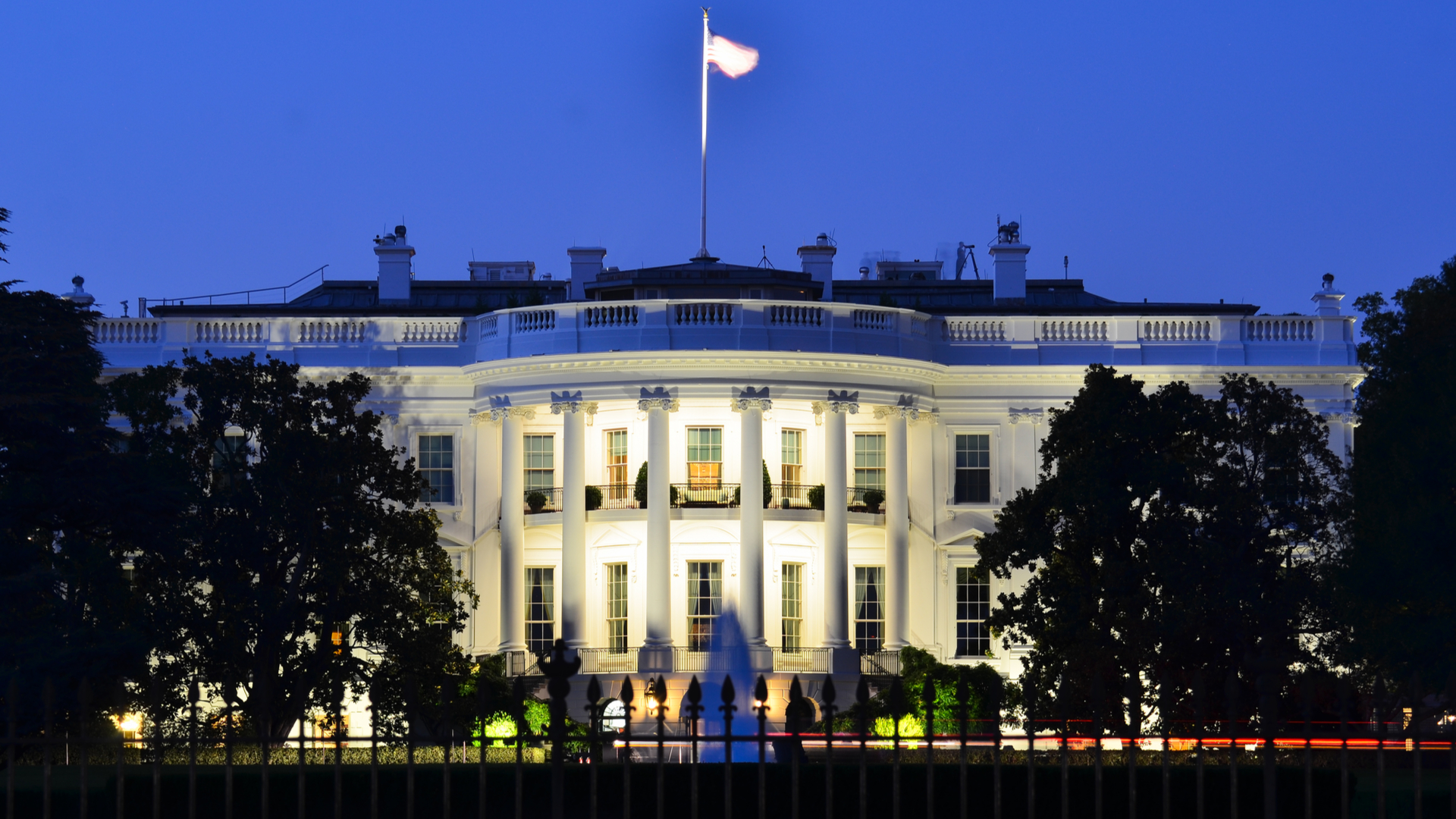US considering 25% tariff in retaliation to UK’s digital services tax
The US is mulling a new tax on UK goods such as industrial robots


The US is considering implementing a 25% tariff on a selection of British goods that enter the country in retaliation to the UK’s digital services tax (DST).
The goods that the tariff will affect include industrial robots, clothing and ceramics, according to a list published by US officials.
The Office of the United States Trade Representative (USTR) seeks to collect duties on UK goods in the range of the amount of DST that the UK is expected to collect from US companies, which it estimates to be approximately $325 million (£236m) per year.
“The United States is committed to working with its trading partners to resolve its concerns with digital services taxes, and to addressing broader issues of international taxation,” said USTR ambassador Katherine Tai.
“The United States remains committed to reaching an international consensus through the OECD process on international tax issues. However, until such a consensus is reached, we will maintain our options under the Section 301 process, including, if necessary, the imposition of tariffs.”
The UK is not the only country affected by this decision, as are Austria, India, Italy, Spain and Turkey who are also under consideration for the 25% tariffs on goods from their countries as they have implemented a similar DST.
The USTR has dropped its investigations against Brazil, the Czech Republic, the EU and Indonesia for now as these countries have not adopted or implemented the DSTs under consideration when the US began its investigations. It made it clear, however, that if these countries adopt or implement a DST in the future, the USTR may initiate new investigations.
Get the ITPro daily newsletter
Sign up today and you will receive a free copy of our Future Focus 2025 report - the leading guidance on AI, cybersecurity and other IT challenges as per 700+ senior executives
A UK government spokesperson told IT Pro that like other countries around the world, the UK wants to make sure tech firms pay their fair share of tax. The spokesperson said the tax is “reasonable, proportionate and non-discriminatory” before revealing that it is also “temporary”.
“We’re working positively with the US and other international partners to find a global solution to this problem and will remove the DST when that is in place. Should the US proceed to implement these measures, we would consider all options to defend UK interests and industry,” added the spokesperson.
The UK announced its DST in October 2018, which is a 2% tax on revenues of search engines, social media platforms and online marketplaces that are profitable, and generate over £500 million per year in revenue.
The US’s plans to challenge the UK’s DST originated in June of last year under the Trump administration, where it made it clear it would investigate all countries that are adopting this new form of tax. The US claimed that the tax schemes were “designed to unfairly target our companies.”
In August 2020, reports emerged suggesting that the UK government was considering dropping its DST to avoid any conflict with the US during its trade talks.
Furthermore, it was reported that Amazon would not be affected by the DST in the UK, but smaller traders using its online marketplace would face increased charges. This was seen as a benefit for the tech giant, which would effectively gain a price advantage on competing goods it sells directly to consumers.
Despite this, last month the UK government was considering implementing an “Amazon tax” to help the country recover from the COVID pandemic. The Treasury reportedly invited tech firms and retailers to discuss a potential Online Sales Tax, following the news that Amazon’s profits skyrocketed by 51% in 2020.
Zach Marzouk is a former ITPro, CloudPro, and ChannelPro staff writer, covering topics like security, privacy, worker rights, and startups, primarily in the Asia Pacific and the US regions. Zach joined ITPro in 2017 where he was introduced to the world of B2B technology as a junior staff writer, before he returned to Argentina in 2018, working in communications and as a copywriter. In 2021, he made his way back to ITPro as a staff writer during the pandemic, before joining the world of freelance in 2022.
-
 Why keeping track of AI assistants can be a tricky business
Why keeping track of AI assistants can be a tricky businessColumn Making the most of AI assistants means understanding what they can do – and what the workforce wants from them
By Stephen Pritchard
-
 Nvidia braces for a $5.5 billion hit as tariffs reach the semiconductor industry
Nvidia braces for a $5.5 billion hit as tariffs reach the semiconductor industryNews The chipmaker says its H20 chips need a special license as its share price plummets
By Bobby Hellard
-
 Governance, risk, and compliance is a major growth opportunity, but how will the market develop?
Governance, risk, and compliance is a major growth opportunity, but how will the market develop?Industry Insights As DORA, NIS2, and AI regulations shake up the compliance landscape, GRC could be a golden opportunity for the channel
By George Bonser
-
 Supply chain services, 2023
Supply chain services, 2023whitepaper Covering the leading service providers in enterprise supply chain innovation
By ITPro
-
 Transforming the aftermarket supply chain
Transforming the aftermarket supply chainwhitepaper with IBM’s cognitive enterprise business platform for Oracle Cloud and generative AI
By ITPro
-
 How to empower employees to accelerate emissions reduction
How to empower employees to accelerate emissions reductionin depth With ICT accounting for as much as 3% of global carbon emissions, the same as aviation, the industry needs to increase emissions reduction
By Fleur Doidge
-
 Worldwide IT spending to grow 4.3% in 2023, with no significant AI impact
Worldwide IT spending to grow 4.3% in 2023, with no significant AI impactNews Spending patterns have changed as companies take an inward focus
By Rory Bathgate
-
 Report: Female tech workers disproportionately affected by industry layoffs
Report: Female tech workers disproportionately affected by industry layoffsNews Layoffs continue to strike companies throughout the tech industry, with data showing females in both the UK and US are bearing the brunt of them more so than males
By Ross Kelly
-
 The Forrester Wave™: API management solutions
The Forrester Wave™: API management solutionsWhitepaper The 15 providers that matter the most and how they stack up
By ITPro
-
 How can small businesses cope with inflation?
How can small businesses cope with inflation?Tutorial With high inflation increasing the cost of doing business, how can small businesses weather the storm?
By Sandra Vogel